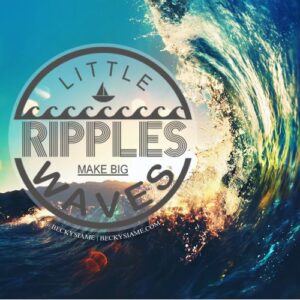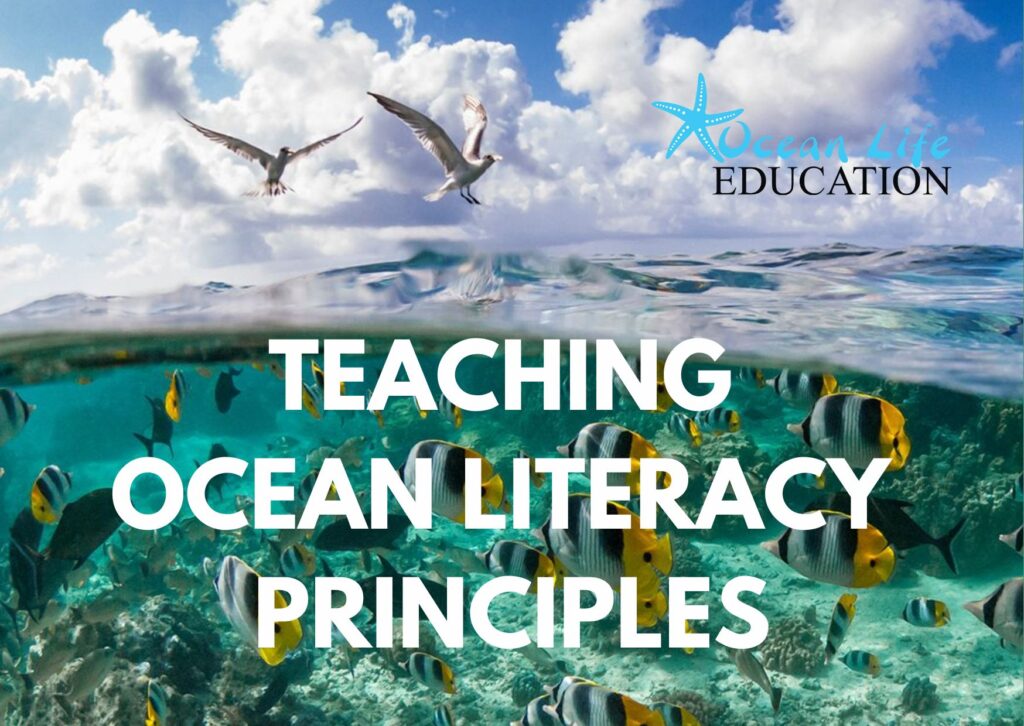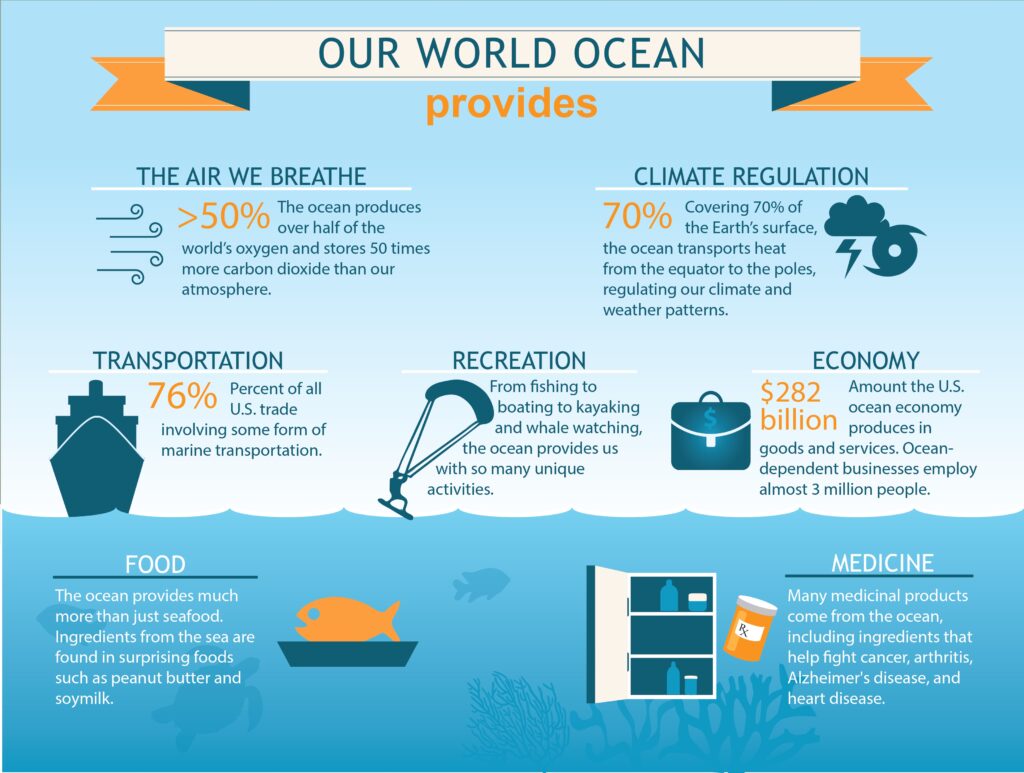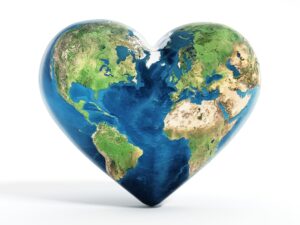
Throughout the school year, there are numerous opportunities to engage students, celebrate education, and make a positive impact on the community. Here’s how schools can participate in and make the most of some key events with meaningful activities and themes related to the ocean.
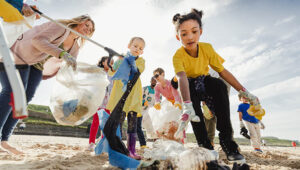 Clean Up Australia Day: Beach Cleans in Queensland
Clean Up Australia Day: Beach Cleans in Queensland
Clean Up Australia Day offers schools the chance to combine environmental stewardship with hands-on learning. In Queensland, schools can organize student-led beach clean-ups, focusing on local coastal areas. These events not only help protect marine ecosystems but also teach students about the impact of pollution on ocean life. Ocean Life Education can enhance the experience by hosting an on-location Human Impact program delivered by one of our qualified Marine Educators and focusing on our live marine animals and using educational resources and fascinating artefacts to bring learning to life.
How to Get Invoved in a Beach Clean
Book Week, 16-23 August 2025: Popular Ocean Science Books for Primary Schools
Book Week is a fantastic opportunity to inspire curiosity about the ocean through engaging stories and informative texts. Popular books like “Big Blue Whale” by Nicola Davies, “Ocean Speaks” (inspiration for science learning) by Jess Keating, and “The Brilliant Deep” (coral restoration) by Kate Messner bring ocean science to life for young readers. Incorporating these books into classroom activities, such as art projects or creative writing inspired by the stories, can deepen students’ understanding of marine environments.
Our Ocean Literacy Program
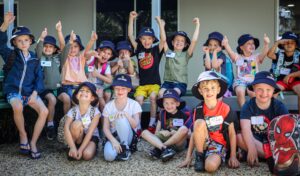 Under 8s Week, 19-23 May 2025: Ocean-Themed Activities for Young Learners
Under 8s Week, 19-23 May 2025: Ocean-Themed Activities for Young Learners
Under 8s Day celebrates the importance of learning in the early years of a child’s life, and an ocean theme is perfect for engaging young minds. Schools can set up activity stations with ocean-themed crafts like creating jellyfish mobiles, sensory play with water and sea animal toys, or storytelling sessions featuring ocean adventures. A mini “beach day” with sand play and shells can also bring the thrill of the sea into your location.
Interactive Marine Displays
Science Week 2025, 9-17 August: Nature’s Hidden Language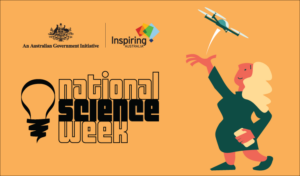
Science Week’s theme, “Nature’s Hidden Language,” offers a chance to explore the fascinating ways marine life communicates and interacts. From the clicking sounds of dolphins to the bioluminescent signals of deep-sea creatures, students can dive into the mysteries of the ocean. Schools can host hands-on workshops, like building underwater sound detectors or experimenting with light patterns, to uncover these hidden languages. Guest talks from marine biologists and educators can further inspire budding scientists. Our interactive marine displays offer the opportunity to observe communication and interaction firsthand. Sea stars for example, primarily communicate through chemical signals by releasing chemicals into the water, which can alert other sea stars to potential dangers. By including an Ocean Life Education interactive display in your science week event, students can observe how this happens first hand.
Primary Incursions – Ocean Life Education
 International Women’s Day, 8 March 2025: Ocean Life Education’s Inspirational Team
International Women’s Day, 8 March 2025: Ocean Life Education’s Inspirational Team
International Women’s Day is a wonderful time to highlight the contributions of young women in marine education. Ocean Life Education’s team includes inspirational educators who have followed their passion for the ocean into rewarding careers. During our programs, schools can invite our passionate role models to share their journeys, offering insights into marine science, environmental advocacy, and the importance of following your dreams. Their stories can empower students, especially girls, to envision futures in STEM fields.
Learn About our Inspirational Team
World Teachers’ Day, 5 October 2025: Celebrating Teachers’ Impact
On World Teachers’ Day, schools can celebrate the extraordinary efforts of educators who shape young minds and inspire future careers. Teachers play a pivotal role in introducing students to the wonders of the ocean and the importance of environmental stewardship. Activities like a “Thank You Wall,” where students post notes of appreciation, or a special assembly to honour teachers’ contributions can make this day memorable. Ocean Life Education is proud of its exceptional teachers who are dedicated and passionate about sharing their love and knowledge of the ocean to inspire others to want to learn more.
State Education Week, 21-25 October 2025: Ocean-Themed Initiatives for Schools
State Education Week provides a platform to showcase innovative programs and celebrate school achievements. Schools can organize ocean-themed events such as student-led exhibitions, where projects on marine conservation and ocean ecosystems are displayed. Collaborative art installations, like a mural made from recycled materials, can involve the entire school community. Hosting open days with marine education activities and inviting local environmental groups can highlight the school’s commitment to sustainability and hands-on learning. Ocean Life Education’s interactive marine display is the perfect complement to an open day, where real life animals provide bring learning to life!
Our Events & Programs
About Ocean Life Education
Our oceans are teeming with incredible biodiversity, from tiny plankton to majestic whales, playing a crucial role in maintaining the planet’s health. Ocean Life Education plays an essential role in raising awareness about the delicate balance of marine ecosystems and the threats they face.
We bring the ocean to life with our mobile incursions across South East Queensland! Visiting early learning centers, schools, and other settings, we deliver interactive, curriculum-based programs featuring live marine animals and engaging marine displays.
The crew at Ocean Life Education are always on hand to assist with any events you are planning, bringing our diverse team of live marine animals to add extra excitement through interaction on the day. Our animals include a baby shark, freshwater turtle, sea stars, sea cucumbers and sea urchins.
Useful links
Our Programs
Schools Guide to Ocean Events 2025
Science Week Website
For more information about what we do, check out Ocean Life Education.
We hoped you enjoyed reading our blog: Celebrating Key School Events and the Ocean.



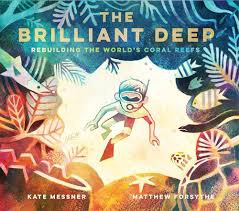

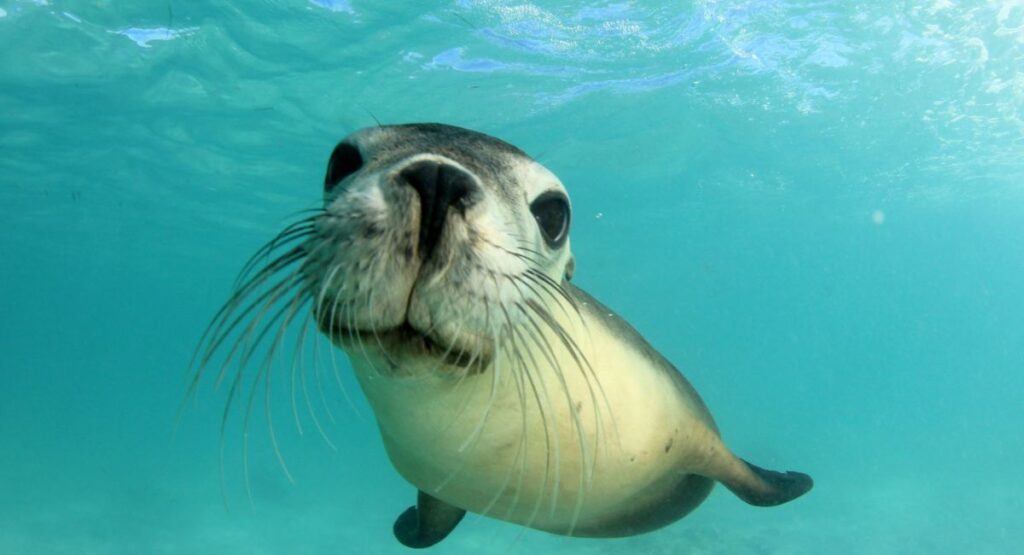

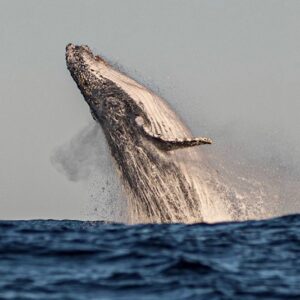
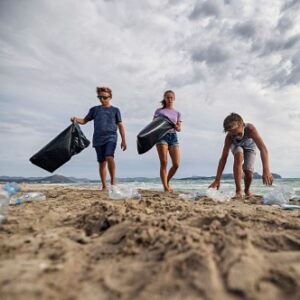

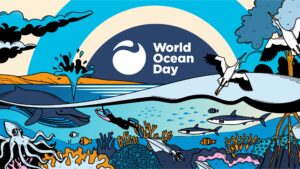 World Ocean Day – 8 June 2025
World Ocean Day – 8 June 2025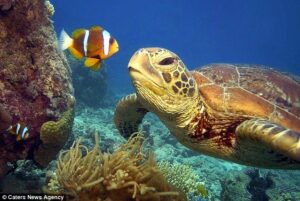
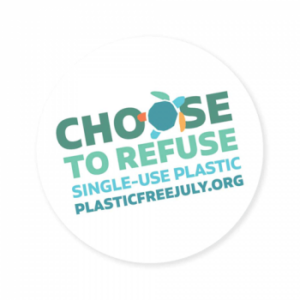 Plastic Free July 2025
Plastic Free July 2025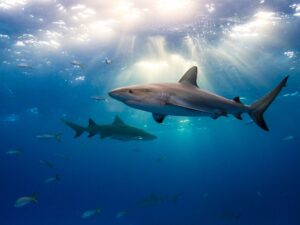
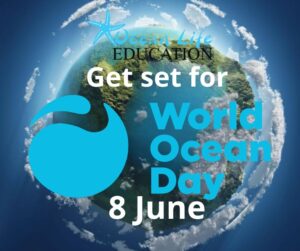
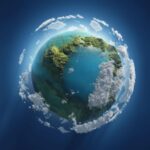 Let’s Talk about some Good News for a Start…
Let’s Talk about some Good News for a Start…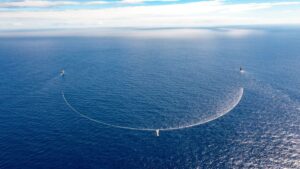 Positive News: The Ocean Cleanup’s Epic Win!
Positive News: The Ocean Cleanup’s Epic Win!